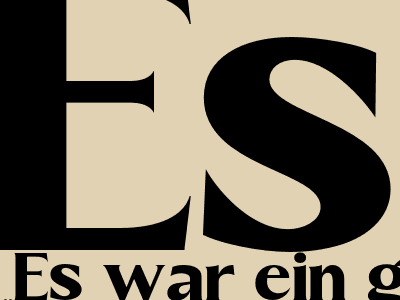
"It Was a Used Day": How Language Expresses Time in Unexpected Ways
The Grammatical Tense of "Used To"
Many languages use a specific grammatical tense, such as the "used to" construction in English, to express habitual actions in the past, states, or conditions that no longer hold true.
In the sentence "It was a used day," "used" is not the past participle of the verb "use". It is a grammatical construction that expresses the idea of something that was previously true but is no longer the case. This construction is particularly common in informal speech and writing.
The Temporal Aspect of "Used To"
The temporal aspect of "used to" is complex and can vary depending on the context in which it is used. In general, "used to" refers to actions, states, or conditions that occurred repeatedly or habitually in the past but have now ceased.
For example, in the sentence "I used to play the piano every day," "used to" indicates that the speaker played the piano regularly in the past but no longer does. The action of playing the piano is presented as a habit or routine that has been discontinued.
Semantic Nuances of "Used To"
Beyond its grammatical and temporal functions, "used to" also carries certain semantic nuances. It can express a sense of nostalgia, regret, or wistfulness for something that is no longer present.
In the sentence "It was a used day," the use of "used to" suggests that the speaker is reflecting on a day that was once ordinary or familiar but is now gone. This usage of "used to" evokes a sense of time passing and the changes that come with it.
Conclusion
The grammatical construction "used to" is a versatile tool for expressing past actions, states, or conditions that are no longer true. It has a specific temporal aspect, indicating that the action or state occurred repeatedly or habitually in the past but has since ceased.
Beyond its grammatical and temporal functions, "used to" also carries certain semantic nuances, such as nostalgia, regret, or wistfulness. It is a powerful tool for expressing the passage of time and the changes that come with it.